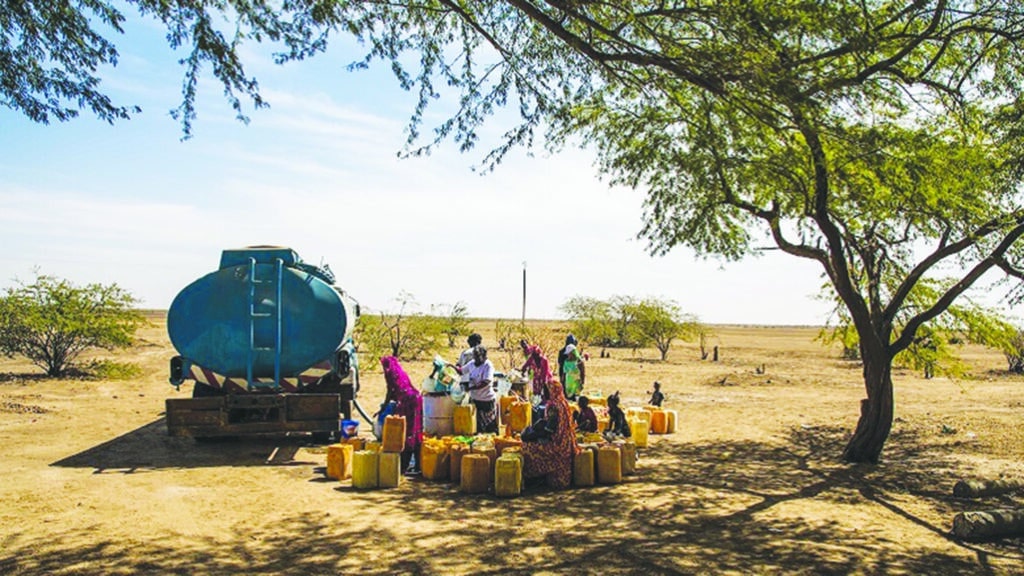QUETTA: As the world marks World Environment Day 2025 under the theme “Our Land, Our Future,” attention must turn urgently to Balochistan — Pakistan’s largest and most climate-vulnerable province. Covering nearly 44% of the country’s landmass, this vast and rugged region is battling the frontline impacts of climate change, with consequences that are both immediate and long-term.
In recent years, climate change-induced floods have devastated the infrastructure in Balochistan. The province suffered the brunt of intensifying climate disasters — blistering heatwaves, prolonged droughts, devastating wildfires, and widespread water shortages. The province largely relies on groundwater, which has declined significantly due to excessive extraction.
These environmental shocks are not only damaging fragile ecosystems but also crippling agriculture and livestock of the communities that already live on the margins, scattered across mountains, deserts, and arid plains.
The provincial capital, Quetta, home of more than two million people, has no natural resources left for potable water, let alone for other purposes.
The province’s rural population, heavily dependent on agriculture and livestock, faces increasing hardship as crops fail and grazing lands disappear. Infrastructure remains vulnerable, and basic services — especially access to clean water and reliable electricity — are stretched thin. Poor water management, lack of renewable energy options, and weak climate-resilient planning have only deepened the crisis.
This year’s theme — “Our Land, Our Future” — carries profound significance for Balochistan. While the slogan echoes around the globe, in this corner of Pakistan, it is more than a message — it is a plea for survival.
Unchecked deforestation, particularly in critical areas like the ancient Ziarat juniper forests, continues to erode natural protections. Carbon emissions are rising as people rely on wood and fossil fuels in the absence of clean energy alternatives. Groundwater reserves are being depleted at an alarming rate, further stressing the already dire water crisis.
Pakistan ranks among the top 10 countries most at risk from climate change, and Balochistan is arguably the epicenter of this vulnerability. Yet, despite the mounting threats, investment in climate adaptation, disaster resilience, and sustainable development in the province remains shockingly low.
A Call to Action
On this World Environment Day, we call on the government, environmental bodies, and international development partners to act now — before it’s too late. Urgent steps must include:
- Implementing sustainable water management systems to combat scarcity and prevent future droughts.
- Expanding solar and wind energy projects to provide clean, affordable alternatives in remote communities.
- Strengthening disaster preparedness through better infrastructure, early warning systems, and community resilience training.
- Protecting ecologically sensitive zones like the Ziarat forests through strict enforcement against illegal logging and land degradation.
- Educating communities on climate change impacts and empowering them to reduce their carbon footprint.
On this World Environment Day, let us move beyond symbolic gestures. For Balochistan — and for all of us — the land we save today is the future we reclaim tomorrow.





